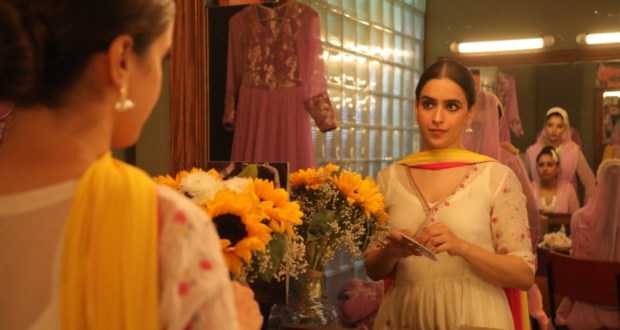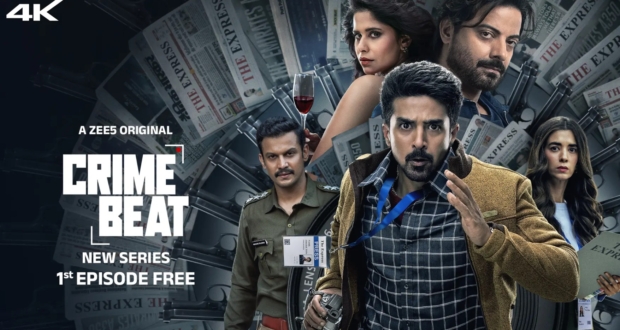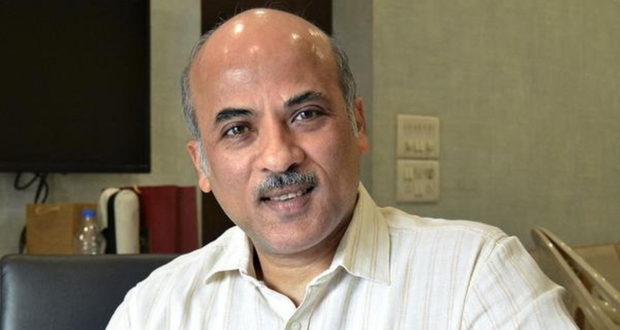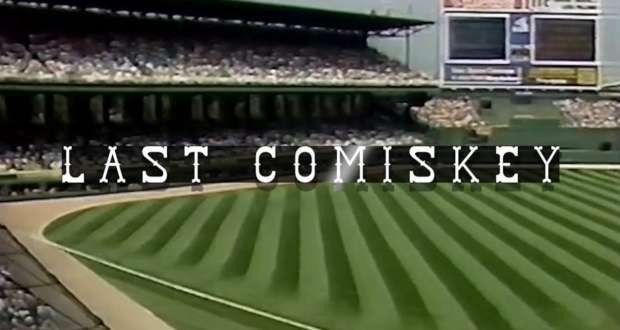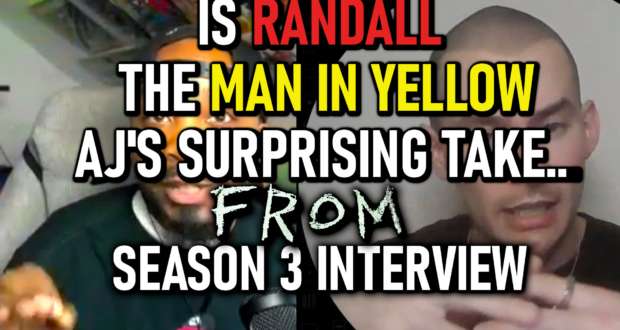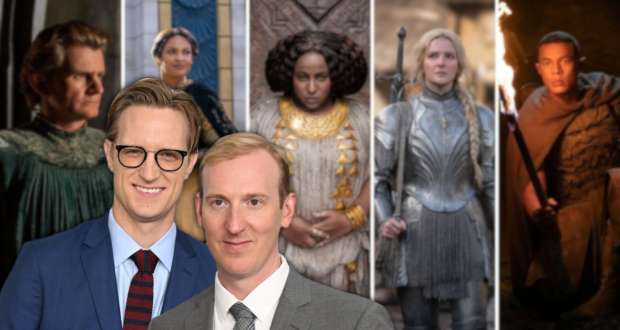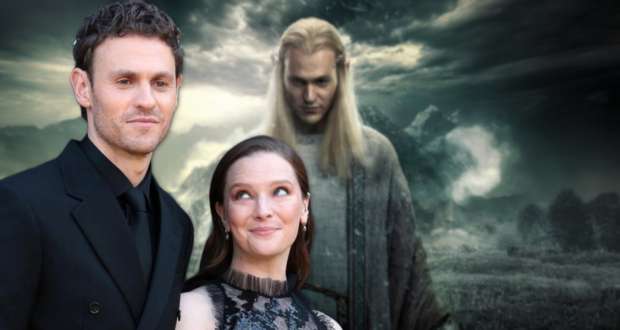I had the distinct pleasure of listening to the creative voice behind the movie The Color Purple Marcus Gardley. The evening crowd was very receptive as I sat among a bevy of journalists and film fans. The evening was filled with a range of emotions and had the audience quite ready for this opportunity. Marcus Gardley is a highly regarded playwright known for his impactful contributions to the world of theater and film. Gardley’s works, such as “The Color Purple” (musical adaptation) and “X: Or, Betty Shabazz v. The Nation,” have earned critical acclaim for their emotional depth and cultural resonance. His ability to invent intricate stories that echo with audiences across diverse backgrounds showcases his skill as a storyteller.
Sharing His Early Experiences
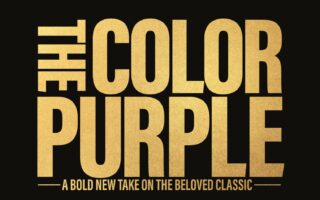 Marcus Gardley: In my, there was a family reunion that I attended, and all of the adults watched the film, and we would think kids were not allowed to watch it. After the film was over, I saw for the first time all the elders in my family weep and sob, and I thought, what this death film must have power? So, I ran to the library and stole the book. I was shamed to death because we couldn’t check the book out, so I stole the book and read it in one sitting. Oh, and the book changed my life.
Marcus Gardley: In my, there was a family reunion that I attended, and all of the adults watched the film, and we would think kids were not allowed to watch it. After the film was over, I saw for the first time all the elders in my family weep and sob, and I thought, what this death film must have power? So, I ran to the library and stole the book. I was shamed to death because we couldn’t check the book out, so I stole the book and read it in one sitting. Oh, and the book changed my life.
The first two words “Dear God” is probably the most powerful two words to put together. And so, the book has always stayed with me. I always call it my best friend, and then I had the great opportunity to interview, and I got the job.
Did you see the play?
Marcus Gardley: I saw the musical 13 times. I’m obsessed with it.
Marcus Gardley on Adding His Personal Touch
So how were you able to put your own voice in it? What was that challenge like?
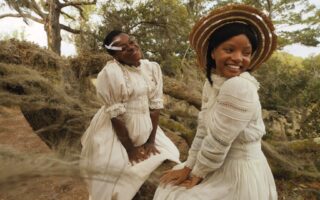 Marcus Gardley: Well, you know, the one of the… There were two challenges posed to me when I got the job. One, they wanted the, you know, the male characters to be more complicated. And then also, we want to go deeper into Celie’s imagination. So those two things really excited me the most.
Marcus Gardley: Well, you know, the one of the… There were two challenges posed to me when I got the job. One, they wanted the, you know, the male characters to be more complicated. And then also, we want to go deeper into Celie’s imagination. So those two things really excited me the most.
And I just drew on, I was raised by black women. They think a little larger in my life. So I really wanted to give a gift back to them, the women that raised me, but also my father was also my hero. I wanted to really honor him because he’s a complicated figure too. We had a very tumultuous relationship early on, and now he’s like my favorite person. So I really wanted to give back to the audience the complexity of full guards, and African American people, but also this story is such an icon in our culture. And we wanted to tell a story for a new generation but also keep all the, you know, memorable moments from the original film, and the musical end.
The Popularity Of The Color Purple
Now, for you, how was that experience? Because we have the book, the movie, the musical, The Color Purple is so ingrained in pop culture. So, to kind of be the next one to kind of take the baton and carry it forward, what was that pressure like for you? And how did you navigate it?
Marcus Gardley: I didn’t feel pressure at all because I knew that, you know, I think we all bring our own perspectives. So what I wanted to do was just tell the story and look at it as the original book, not so much as the movie, because the movie is just one interpretation of the book. And so I just, you know, when you start to get worried about, well, the movie did this and the musical did this, you start to go crazy. So what I wanted to do was just tell the story as Alice Walker had intended it to be. And also, you know, Spielberg is a genius. Quincy Jones is a genius. They created their own iconic version of it. But I just wanted to kind of go back to the source material and look at it that way.
Challenges in Writing
Now, as you were writing, was there any particular scene or character that you found the most challenging to capture on screen?
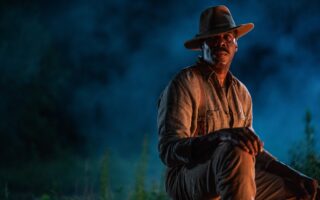 Marcus Gardley: Hmm, that’s a good question. I think, you know, every scene presented its own challenges, but I think one of the most challenging scenes was probably the scene where Sealy confronts Mr. about the letters. You know, that’s such a pivotal moment in the story, and it’s such an emotional moment. And I really wanted to do justice to that and capture the raw emotion of it. And, you know, I think it was challenging because it’s such a powerful moment, and you really want to make sure that you’re doing justice to the characters and the story. So I think that was probably one of the most challenging scenes, but also one of the most rewarding.
Marcus Gardley: Hmm, that’s a good question. I think, you know, every scene presented its own challenges, but I think one of the most challenging scenes was probably the scene where Sealy confronts Mr. about the letters. You know, that’s such a pivotal moment in the story, and it’s such an emotional moment. And I really wanted to do justice to that and capture the raw emotion of it. And, you know, I think it was challenging because it’s such a powerful moment, and you really want to make sure that you’re doing justice to the characters and the story. So I think that was probably one of the most challenging scenes, but also one of the most rewarding.
As we wrap up this deep dive into the world of Marcus Gardley, it’s crystal clear that his storytelling mojo knows no limits. So, as we bid adieu to this convo, let Gardley’s wisdom linger in your artistic psyche. Keep riding the wave of storytelling magic until our next rendezvous with artistic brilliance.






